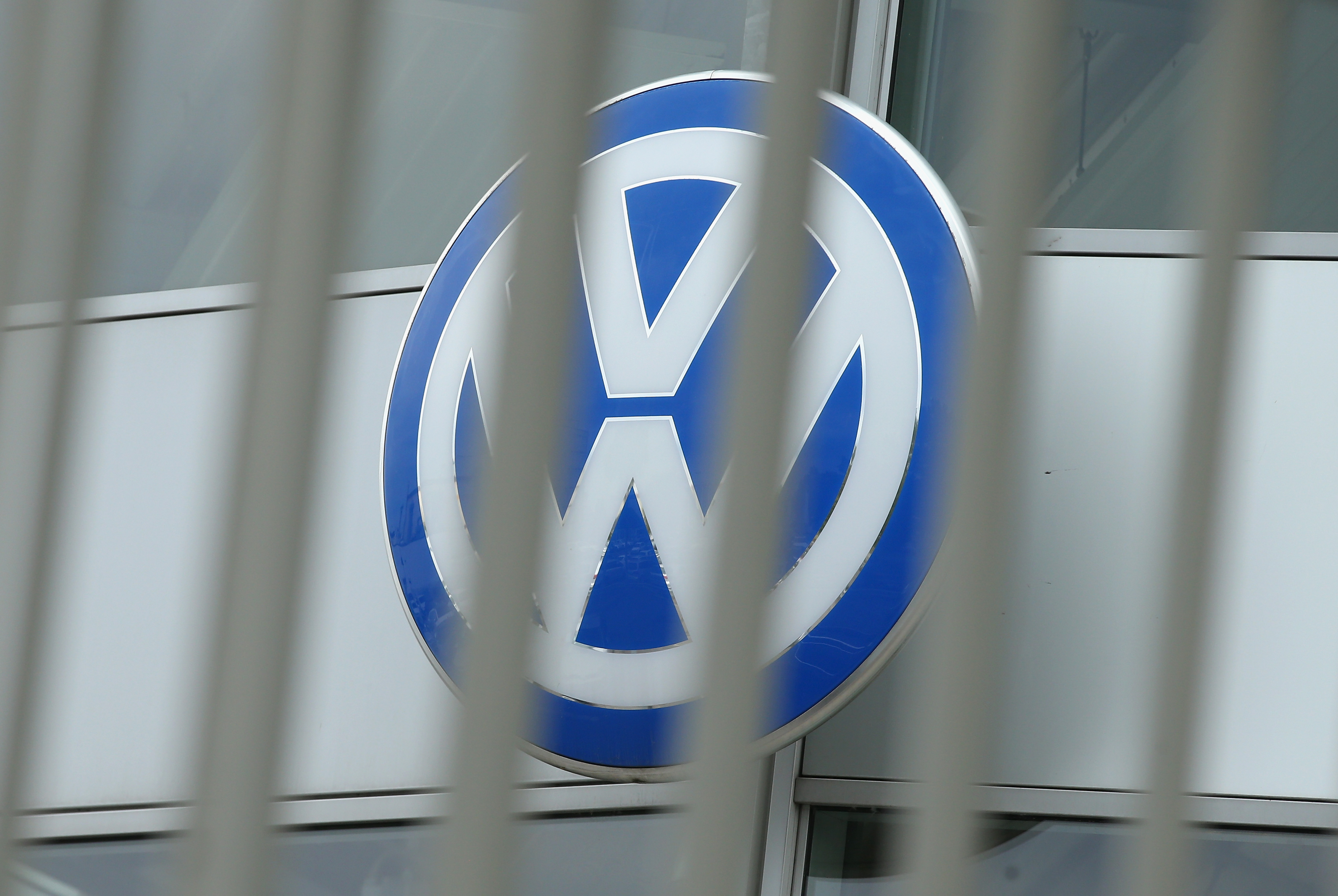What was Volkswagen thinking?
Analyzing an audacious fraud

A free daily email with the biggest news stories of the day – and the best features from TheWeek.com
You are now subscribed
Your newsletter sign-up was successful
The smartest insight and analysis, from all perspectives, rounded up from around the web:
Volkswagen's scheme to cheat on emissions tests is "shaping up as one of the great corporate scandals of the age," said Danny Hakim, Aaron Kessler, and Jack Ewing at The New York Times. The German automaker has admitted it installed sophisticated software in millions of diesel vehicles that allowed the cars to spew far more pollutants than regulations allowed; it now faces billions of dollars in fines, lawsuits from governments and consumers around the world, and a criminal investigation into ex-CEO Martin Winterkorn and other VW executives by German prosecutors. What led Volkswagen down this dark path? "Unbridled ambition." For years, VW has been on a mission to overtake Toyota as the world's largest automaker. Part of this strategy involved a big bet on diesel-powered cars, which VW pitched with a promise of "high mileage and low emissions without sacrificing performance" — a crucial selling point in winning over American drivers, who favor big, powerful cars. VW's insular corporate culture and "clannish board" also deserve their fair share of blame, said James Stewart, also at the Times. The company has for years been dominated by the Porsche and Piëch families, who rarely allow outside views to penetrate. Their often dysfunctional governance, plus "a deep-rooted hostility to environmental regulations" among the company's engineers, made a cheating scandal "all but inevitable."
"It's not just Volkswagen," said Jason Karaian at Quartz. Auto manufacturers have been cheating on emissions tests for years, though most of the dishonesty doesn't sink to the level of illegality. The International Council on Clean Transportation said this year that carbon dioxide emissions in European road tests are typically some 40 percent higher than the official amounts certified in the lab. The gap was less than 10 percent in 2001. Why the growing discrepancy? Automakers have found lots of "perfectly legal ways" to pass emissions and fuel efficiency tests, from overinflating tires on test models to taping up doors and grills to improve aerodynamics. In that wink-wink regulatory environment, what's perhaps most shocking is that VW "was brazen enough to thwart tests in the way it did." Take note, companies: "The most dangerous three-word phrase in business is 'Everyone does it,'" said John Gapper at the Financial Times. It may be conventional to bend regulations, or take cues from rivals about what you can get away with. But "when the backlash comes, it comes with a vengeance."
The Week
Escape your echo chamber. Get the facts behind the news, plus analysis from multiple perspectives.

Sign up for The Week's Free Newsletters
From our morning news briefing to a weekly Good News Newsletter, get the best of The Week delivered directly to your inbox.
From our morning news briefing to a weekly Good News Newsletter, get the best of The Week delivered directly to your inbox.
"We should be outraged" by VW's behavior, said Edward Queen at New Republic. "But we should not be shocked." For decades, business schools have taught that the only duty of a corporation is return on investment. When this lesson is taken as gospel, it "drives tsunamis of corporate malfeasance." I have a hard time believing that Winterkorn sanctioned this elaborate deception, "not because it was so dishonest, but because it was so risky," said Brian Dickerson in the Detroit Free Press. Others find it impossible to believe that a company as micromanaged as Volkswagen could have hatched such an "audacious fraud" without the "explicit permission, or at least the passive complicity" of executives. No matter who knew what, Volkswagen's actions demonstrate a "sick corporate culture" that values short-term profits over safety and customer satisfaction. This is one automaker that must be rebuilt "from the bottom up."
A free daily email with the biggest news stories of the day – and the best features from TheWeek.com
-
 Corruption: The spy sheikh and the president
Corruption: The spy sheikh and the presidentFeature Trump is at the center of another scandal
-
 Putin’s shadow war
Putin’s shadow warFeature The Kremlin is waging a campaign of sabotage and subversion against Ukraine’s allies in the West
-
 Media: Why did Bezos gut ‘The Washington Post’?
Media: Why did Bezos gut ‘The Washington Post’?Feature Possibilities include to curry favor with Trump or to try to end financial losses
-
 The pros and cons of noncompete agreements
The pros and cons of noncompete agreementsThe Explainer The FTC wants to ban companies from binding their employees with noncompete agreements. Who would this benefit, and who would it hurt?
-
 What experts are saying about the economy's surprise contraction
What experts are saying about the economy's surprise contractionThe Explainer The sharpest opinions on the debate from around the web
-
 The death of cities was greatly exaggerated
The death of cities was greatly exaggeratedThe Explainer Why the pandemic predictions about urban flight were wrong
-
 The housing crisis is here
The housing crisis is hereThe Explainer As the pandemic takes its toll, renters face eviction even as buyers are bidding higher
-
 How to be an ally to marginalized coworkers
How to be an ally to marginalized coworkersThe Explainer Show up for your colleagues by showing that you see them and their struggles
-
 What the stock market knows
What the stock market knowsThe Explainer Publicly traded companies are going to wallop small businesses
-
 Can the government save small businesses?
Can the government save small businesses?The Explainer Many are fighting for a fair share of the coronavirus rescue package
-
 How the oil crash could turn into a much bigger economic shock
How the oil crash could turn into a much bigger economic shockThe Explainer This could be a huge problem for the entire economy